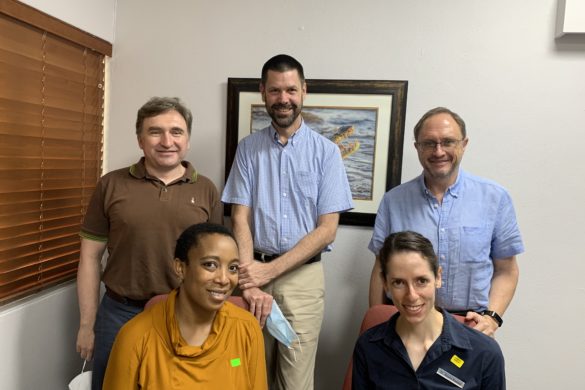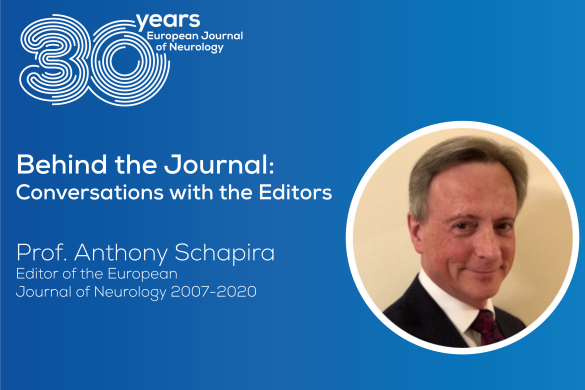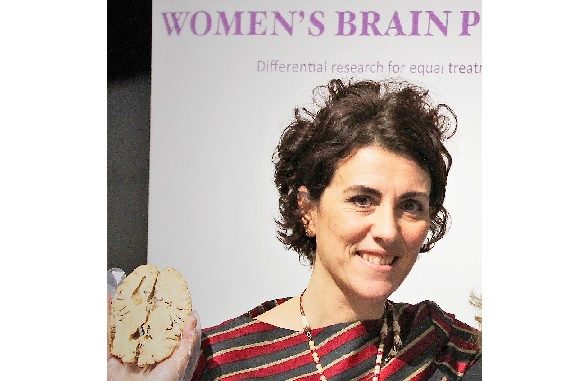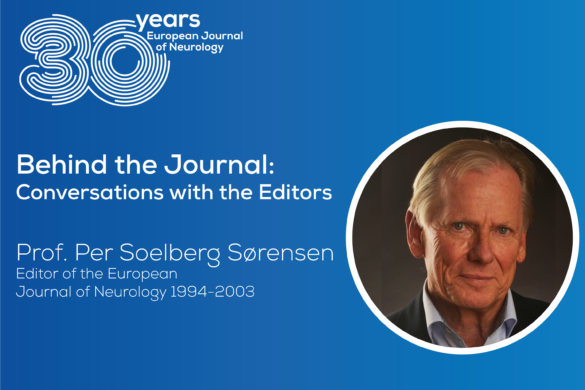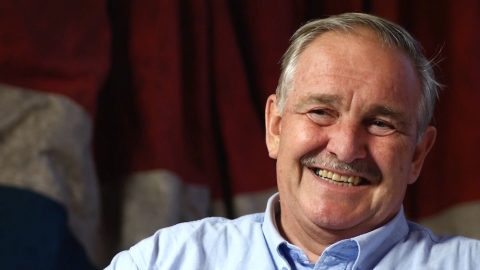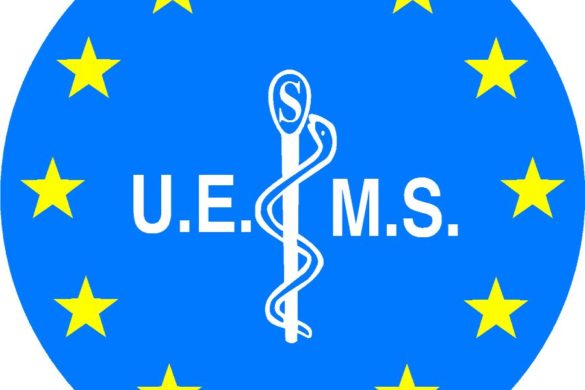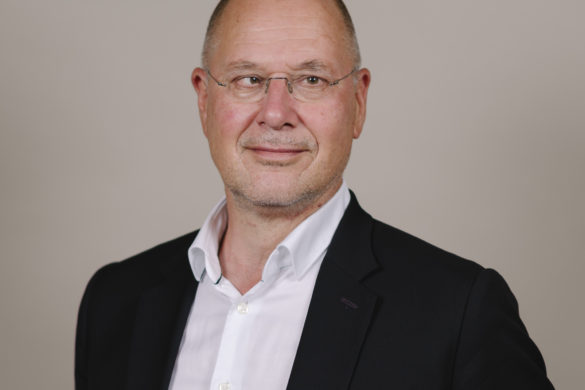As in previous issues, Neuropenews asked EFNS/ENS committee members, Panel chairs, Speakers, … which session one should not miss at the upcoming congress in Istanbul, June 2014. You will find the answers below …
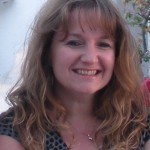 Betul Baykan, Convenor of Focused workshop 19 and member of ENS Subcommittee on Epilepsy, Turkey
Betul Baykan, Convenor of Focused workshop 19 and member of ENS Subcommittee on Epilepsy, Turkey
Focused workshop 19 – “Reflex epilepsies: one of our hidden ways to understand epileptogenesis on Monday”, June 2, 11.00-12.30h.
Reflex epilepsies (RE) are really very important clues for uncovering the unknown and complex mechanisms of epileptogenesis. Furthermore, as they are rarely but intriguingly observed in daily clinical practice, I need to update my knowledge on this important issue.
RE have many intriguing subtypes depending on the trigger and there are some debates and new concepts on its mechanisms. Visually-sensitive epilepsies constitute the major part but their diversity is even huge both clinically and electrophysiologically. The recent efforts to elucidate their genetic background will be summarized in this session by experts. Complex forms of RE such as reading or eating epilepsy pose many different questions and there are cases with various symptomatic etiologies indicating some acquired factors. An experimental mouse model resembling eating epilepsy and news on the functional neuro-imaging of RE will be presented. This highly interesting workshop will highlight the current understanding of RE and its pathogenetic implications. I am sure that it will contribute to my comprehension of mechanisms of reflex epilepsy and epileptogenesis.
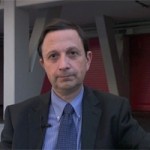 Bruno Brochet, Convenor of Focused Workshop 17 and member of ENS Subcommittee on higher cortical functions, France
Bruno Brochet, Convenor of Focused Workshop 17 and member of ENS Subcommittee on higher cortical functions, France
Focused workshop 17 – “Cognition in mulitple sclerosis”, Monday, June 2, 11.00-12.30h.
Cognitive impairment is common in MS and affects mainly domains including information processing speed, attention, memory and executive functions. However, cognitive impairment is frequently underestimated. Deficits can have a significant impact on patient’s quality of life and especially have important vocational consequences. Cognitive impairment is the consequence of diffuse brain damage and has some prognosis value. It should be taken into account in the evaluation of the disease
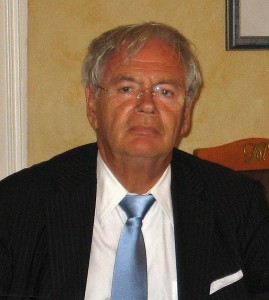 Lüder Deecke, member of the Subcommittee on clinical neurophysiology
Lüder Deecke, member of the Subcommittee on clinical neurophysiology
Teaching Coure 3 – “Diagnosis and treatment of the dizzy patient – Level 1-2”, Saturday, May 31, 14.45-18.15h
This is an interesting workshop for me which I would not like to miss. Especially the two convenors Marianne Dieterich and Adolfo Bronstein are very interesting to me.
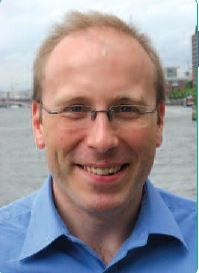 Mark Edawards, Speaker in TC 13, London, UK
Mark Edawards, Speaker in TC 13, London, UK
This session shows how movement disorders neurology is changing from descriptions of phenotypes towards more detailed and neuroscientifically based classifications, diagnosis and successful treatments.
I will not miss focused workshop 3 – “Embolism to the brain – a preventable and treatable entity – European Stroke Organisation (ESO)/EFNS/ENS Joint Focused Workshop”, Saturday, May 31, 11.00-12.30.
This is a very interesting topic. Being a joint workshop of the European Stroke Organization and EFNS/ENS, I expect that the major updates regarding embolic stroke will be presented by world leading experts in the field. I therefore look forward to hearing the latest data about embolic stroke studies including new advances in prevention, diagnosis and management.
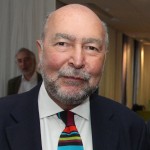 Antonio Federico, Delegate of the Italian Neurological Society
Antonio Federico, Delegate of the Italian Neurological Society
I will not miss the following sessions:
Symposium 1: “Post-stroke dementia” on Saturday, May 31, 8.30-10.30.
Symposium Plenary Symposium: “Hot Topics in Neuroscience”
Symposium 4: “Alzheimer prevention and uncommon causes of dementia” on Monday, June 2, 8.30-10.30.
Focused Workshop 12: “New generation genetic techniques change diagnostic approach in clinical practice” on Sunday, June 1, 11.00-12.30.
Focused Workshop 22: “Therapeutic approaches in neurodegeneration with brain iron accumulation (NBIA)” on Monday June 2, 11.00-12.30.
The reason for this selection is that togheter they show the classical approach and that there are new aspects on common problems (rare cause of dementias, iron accumulation, new techniques
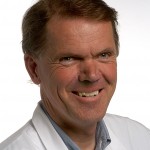 Sten Fredrikson, Delegate of the Swedish Neurological Society
Sten Fredrikson, Delegate of the Swedish Neurological Society
I will not miss the Plenary Symposium: Hot topics in Neuroscience on Sunday, June 1, 8.30-10.30
This symposium will cover several fascinating areas including new aspects of neuroimmunology, the new field of optogenetics and also an update on prions and fronotemporal dementia. All topics of this symposium are at the frontline of neuroscience.
I will also not miss the Symposium 8 New therapeutics on the horizon, Tuesday June 3, 8.30. This symposium will highlight what therapies we hopefully will be using in the future to treat stroke, MS, epilepsy and myopathies.
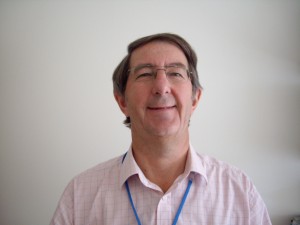 David Hilton-Jones, former chair of the Scientist Panel on Muscle disorders, Speaker in TC5, London, UK
David Hilton-Jones, former chair of the Scientist Panel on Muscle disorders, Speaker in TC5, London, UKTeaching Course 10: “What the adult neurologist needs to know about paediatric neurology”, Sunday, June 1, 14.45-18.15h
Many adult neurologists have little experience of paediatric neurology, but are expected to take over management when the child reaches adulthood. This session covers one of the most common conditions seen in a neurology clinic – epilepsy. Insights into paediatric-onset seizure disorders will greatly help the adult neurologist in understanding the nature of the disorder and its management. Metabolic disorders are rare and most adult neurologists are ignorant about how to screen for such disorders – to hear about the ten most common will be invaluable. Movement disorders provide a great management challenge, and are very different to those presenting in adulthood. Finally, I know from experience that the talk on childhood muscle disorders will be inspirational, and will be very informative to those who will have to manage them in adult life who otherwise are mostly involved with adult-onset disorders.
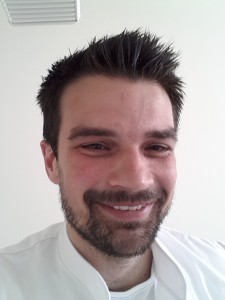 Daniel Kondziella MD, EAYNT, Denmark
Daniel Kondziella MD, EAYNT, Denmark
Teaching course 19: “Recent advances in the diagnosis of parkinsonian syndromes – Level 3” on Tuesday, June 3, 13.50-16.45h
Among many other sessions, I will not miss out this one because these teaching courses are excellent opportunities to brush up your knowledge in areas to which you are not exposed to in everyday practice.
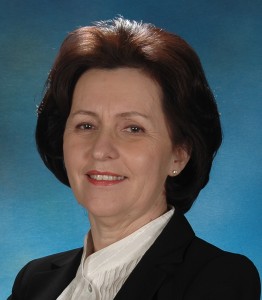 Jera Kruja, Delegate of Albanian Neurological Society, member of the Scientist Panels on Headache and Epilepsy
Jera Kruja, Delegate of Albanian Neurological Society, member of the Scientist Panels on Headache and Epilepsy
I will not miss the Plenary Symposium: Hot topics in Neuroscience on Sunday, June 1, 8.30-10.30
Autoimmune disorders affect 5-10% of the general population, and the involvement of the central and peripheral nervous system is a frequent reality. The range of the systemic autoimmune disorders is very extended and the combination gut-lung-brain seems interesting.The optogenetics is a new and revolutionary neuromodulatory technique with a significant impact on neuroscience. The presentation must be intriguing for a neurologist helping in the cross over between clinical and laboratory research. The prion diseases are an infrequent group of disorders presented as sporadic and familial neurodegenerative diseases. The today research on the fields tempts to detect the pathogenetic mechanisms of the neurodegenerative diseases. The frontotemporal dementias are a group of uncommon disorders that primarily affect the frontal and temporal lobes of the brain, causing a behavior, neurological and cognitive alteration. It affects people at the younger age that Alzheimer disease, making it important, although the incidence is lower.
The four lectures have a common trend to explain and make more understandable to the neurologists some interesting but not every day disorders or techniques. The lecturers are distinguished researchers of respective fields, representing impressive university centers. The convenors are well known personalities. At my clinical neurologist position this session is an approach toward neuroscience.
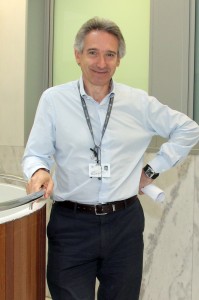 Jaime Kulisevsky, Speaker in TC 19, Spain
Jaime Kulisevsky, Speaker in TC 19, Spain
Symposium 6: “Evolving concepts in movement disorders – EFNS/ENS/MDS-ES Symposium”, Monday, June 2, 08.30-10.30h
Parkinson’s disease and Movement Disorders constitute a rapidly evolving field of knowledge and practice. Early diagnosis and the possibility to improve it with new and reliable biomarkers are crucial for the design of future therapeutic strategies capable of demonstrating neuroprotection. Interestingly enough, what used to be a pure motor disorder has evolved to a complex multiorgan and polifacetic disease with important non-motor components. Mental and cognitive symptoms require new approaches to the particular requirements of patients and caregivers for whom these symptoms may impact even more than the traditional motor symptoms. Diagnosis of tremor may be a difficult task in many cases that overlap characteristics of different disorders. Finally, DBS has evolved into a routine technique for achieving consistent symptomatic improvement in many movement disorders. The appearance of other techniques make it mandatory to discuss and refine its future applications. Overall, the luxury ‘casting’ of this symposium with renowned experts promises a gorgeous and highly educative activity.




